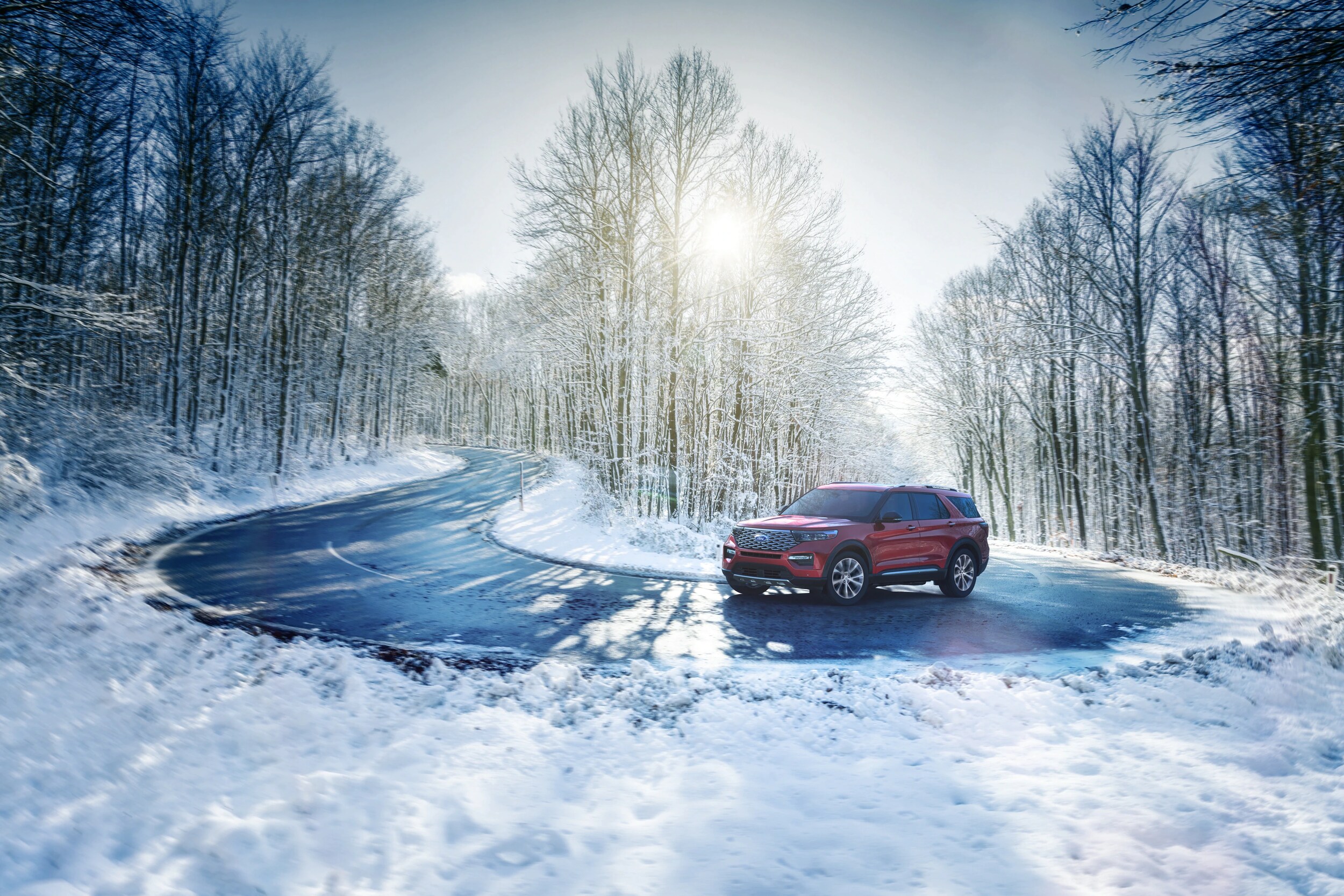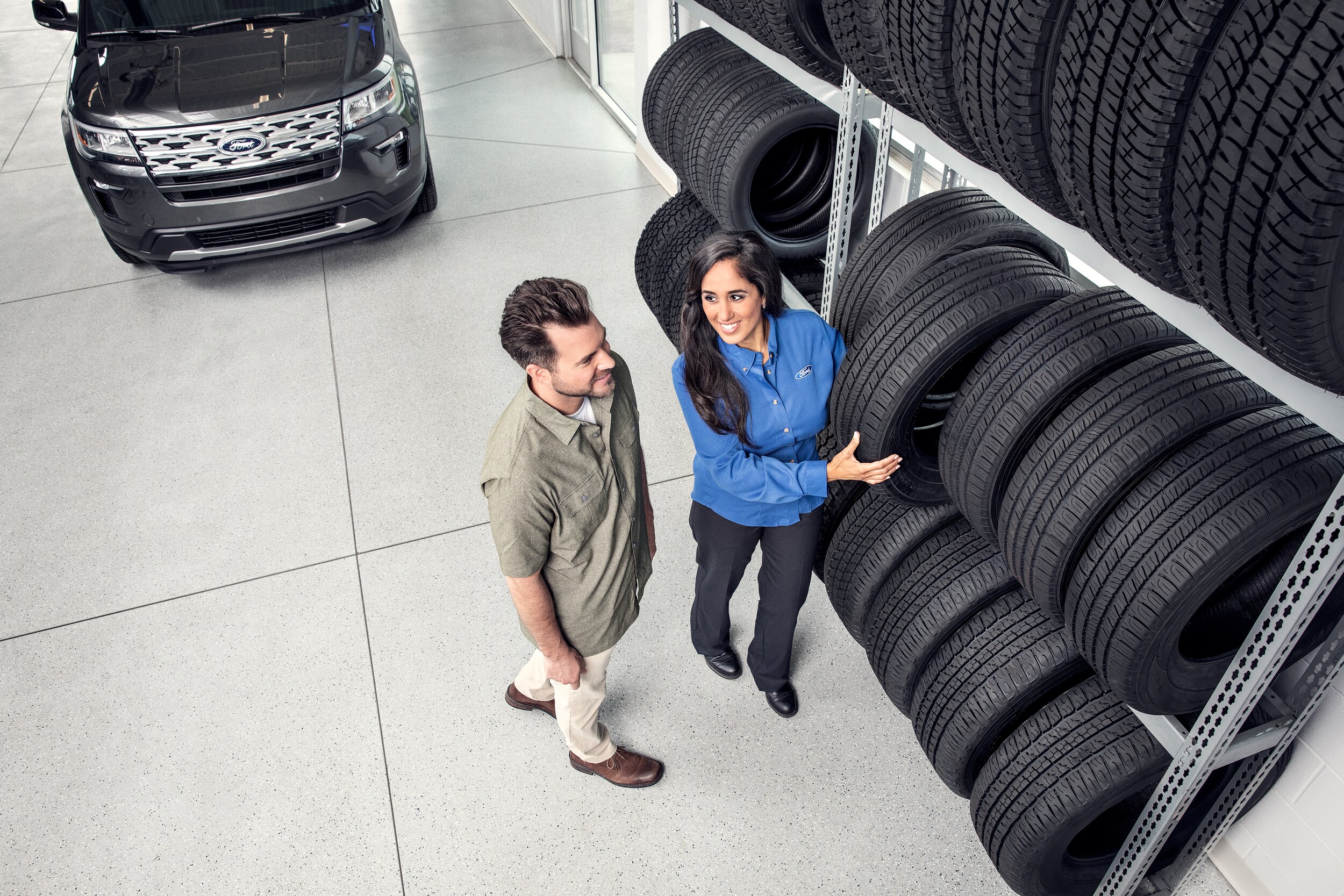

General Seasonal Precautions
Be sure your engine oil is the correct viscosity. Colder climates can cause oil to thicken, demanding a thinner oil to start.
Check your antifreeze and be certain the proper water-to-antifreeze mixture is maintained. Antifreeze testers are available at many auto parts stores.
Verify that your windshield wipers are operable and keep the washer fluid reservoir full.
Double-check hoses and belts. Cold temperatures can cause rubber to shrink and crack, so be sure your hoses and belts have some flexibility left.
How often should I change my engine oil?
Changing your engine's oil and filter is one of the most vital maintenance procedures possible. Oil keeps friction down in the engine and prevents the motor from seizing up. Typical intervals for new cars are between 5,000 to 15,000 miles.
When does my engine coolant need to be flushed?
Water and antifreeze keep your engine from overheating and freezing during extreme temperatures. Intervals for flushing the system and replacing coolant vary, as some manufacturers promise long lasting antifreeze good past 100,000 miles. A general timeframe would be every few years or 30,000 to 40,000 miles.
Should I worry about my spark plugs?
Older vehicles required the replacement or adjustment of spark plugs much more often than new vehicles do. Manufacturers today promise over 100,000 miles before a tune-up that includes changing the plugs. Still, checking the plugs at 50,000 to 60,000 miles is not a bad idea.
How often do I change my air filter?
The interval for changing the filter depends on the quality of filter, type of vehicle and environment in which most driving occurs. Traveling on dirt roads will surely clog a filter faster than paved highways. Also, local pollution can determine filter life.
How long will my battery last?
The interval of changing a battery depends on the type of battery, type of vehicle and local climate. Super cold regions may require a more powerful battery for cold starting. Also, rechargeable batteries that have completely lost their charge at some point often never reach full potential again.
When should I have my vehicles hoses/belts/general pathways checked?
During scheduled maintenance it's a good idea to inspect all hoses, belts and other connections under the hood to be sure everything is in good shape and properly attached.
When should I replace my wiper blades?
Wipers need to be replaced, especially in climates with ice and snow. Sometimes just the blade needs replacing, while other times the entire wiper unit should go. Some customers may choose different types of wipers for better performance.
When should I have my brakes serviced?
Like tires, brake life depends heavily on driving style. Lots of stressful braking will significantly shorten the life. Replacement requires new pads and sometimes, new rotors.

Tire FAQs
How long will my tires last?
The type of vehicle, specific tire and driving style determine the life of a tire. Many are rated to last 30,000 to 70,000 miles, but an aggressive style can wear out tires in 15,000 miles. Customers may deviate from OEM specification in the interest of better looks or performance.
What are the appropriate tires for my vehicle?
Different seasons require different types of tires. Many manufacturers sell vehicles with all-season tires that are suitable for most conditions. However, if your vehicle arrived with performance summer tires you should invest in a set of snow tires for safety in the bad weather. Some drivers with all-season rubber may also fit snows for added security.
How does one find correct snow tires?
No tire is perfect, as extra competence in one category often means compromise in another. For example, a tire that is great in snow may be so-so on dry pavement and average in the rain. Try to find reviews on a tire to determine if it meets your criteria.
-
Louisburg Ford
111 Fairlane Dr
Louisburg, KS 66053
- Sales: (913) 837-4311

